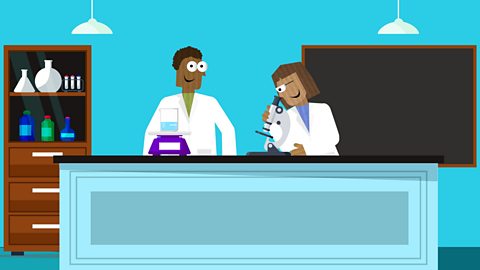Changing Environments
All living things depend on the environment to provide them with food to eat,water to drink, air to breathe, and the space to grow and move.
Our planet is home to many different kinds of environments:from rainforests and deserts, to cities and oceans.
But many different factors can affect those environments.
Look at the environment around you.
Can you see how plants change throughout the year?
How animals survive by eating plants and other animals?And how they adapt to changing conditions?
All environments change with the seasons.
Other natural forces, like earthquakes, hurricanes and volcanic eruptions, can change the environment too.
The Australian wildfires of 2020 were caused by dry lightning ã and destroyed almost 19 million hectares of natural habitat.
Thatãs almost as big as England and Scotland combined!!
But human activity has also caused huge changes to the environment.
When we burn fossil fuels, like oil and coal, to power our homes and industries,harmful gasses are released into Earthãs atmosphere ã causing it to become hotter.
Climate change is having a devastating impact on environments everywhere ã and could have far-reaching consequences for all forms of life.
Rainforests provide homes for around half of the worldãs population of plants and animals.
They also help in the fight against climate change ã because trees balance Earthãs atmosphere by absorbing carbon dioxide and releasing oxygen.
Deforestation is putting that balance at risk.
Cutting down forests to make room for new farmland, industries or space to live means there are fewer trees working to remove harmful gasses from Earthãs atmosphere.
More people than ever are living in towns and cities ã and as the global population continues to increase,urban areas will expand into rural areas ã slowly decreasing natural habitats.
The waste and pollution that results from human habitation not only affects the natural environment ã but everything that lives in it.
There are many ways we can take action to minimise our impact on the environment.
We can shop local ã and cut down on the environmental impact of importing products from other countries.
We can reduce, reuse and recycle the products that we use so they donãt end up in landfill sites.
We can save energy by turning off lights ã and conserve water by turning off taps.
And we can support charities that work hard to protect endangered species ã and the natural world.
Do you know about any endangered species?
Maybe you could share what you know with friends or family.
Conduct some research to find out more,and create a poster to help raise awareness about the challenges animals face today.
Video summary
This short animated film explores environments.
An environment is the surroundings of any living thing, including plants, animals and people.
This film explains how important environments are, and what factors can change the conditions of different environments and how that can affect the things living in them.
The film also explores natural forces, urban areas and how we can take action to help minimise our impact on the environment.
This short film is from the 91ààݘ Teach series Explain, Explore, Expand.
Teacher Notes
Explain
All living things depend on their environment to live. But what factors can cause changes in the environment and how are the living things within it affected?
Letãs explore environments to find out.
Key Facts
- All living things depend on the environment to provide them with the essentials of life - light, water, nutrients, air and space to grow and move.
- Changes that affect these resources such as droughts and floods, rising temperatures or deforestation also affect the living things that rely on them.
- Changes in these impact all living things.
- This can happen naturally but also by our actions as human beings.
- Storms, hurricanes, earthquakes, volcanic eruptions, floods, droughts and wildfires are also rapid changes that can disrupt or even destroy habitats.
- Seasons also can cause changes in the temperature and the climate every year. However, animals and plants have adapted to these changes. Climate change is now disrupting the predictability and nature of the seasons.
- Four negative human impacts on the environment include:
- Deforestation
- Urbanisation
- Pollution
- And the introduction of invasive species
- Animals can become endangered or even extinct due to the changing environments around them._
- We have the ability to make positive changes.
- Rewilding projects and tree planting are some examples.-This video references the Australian Wildfires of 2020. Further information can be found on 91ààݘ News
Explore
Where to pause?
- 00:27 - pause the video. Ask the children to describe the environment outside the room, what kind of environment is it and how may it change over time?
- 1:32 - pause the video. How could the class help to make more oxygen in the room?
- 2:16 - pause the video. Ask and discuss what the children think they could do to support the environment?
Activities / Experiments
- The following animals are classed as endangered. Can you find out why this is in each case?
- Orangutan
- Blue Whale
- Red Panda
- Sea Turtle
- GalûÀpagos Penguin
Fun Facts
- Learn how to make positive changes to the environment by rewilding on the .
- Facts about climate change:
Expand
Discussion questions:
- Think about a specific ecosystem. How do the different species interact and depend on each other and their environment?
- How can we reduce human impact on the environment?
- Where does our food come from and how does it impact the environment?
- How can we save energy & water in our daily lives?
- Why is it important to do the 3 Rs (Reduce, Reuse, Recycle)?
- How could you support conservation charities? (raising awareness and campaigning for charities that protect plants and animals)
Sources:
Other Videos:
Learning Objectives:
- To recognise that environments are dependent on different factors (natural and human), that it can change and have consequential effects on living things.
National Curriculum objectives:
- England: To recognise that environments can change and that this can sometimes pose dangers to living things.
- Scotland: To observe living things in the environment over time and am becoming aware of how they depend on each other.
- Northern Ireland: To recognise changes in the local natural environment, including how they can affect living things.
- Wales: To recognise the environmental factors that affect what grows and lives in those environments, e.g. sunlight, water availability, temperature.
How are shadows made? video
What are shadows? How are they made? What factors affect their size and shape? Letãs explore shadows in more detail ã and learn how to turn your shadow into a clock!
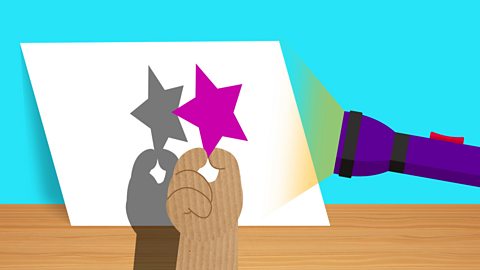
What is inheritance? video
This film explains how inheritance works in humans, animals and plants, and explores how humans use inheritance to their advantage, to produce animals and plants that are more productive.
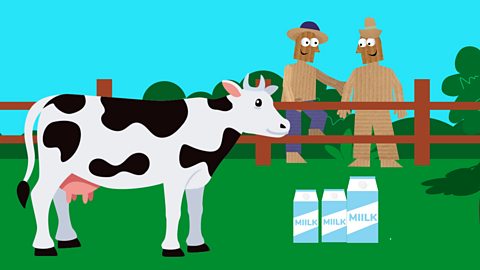
How do ecosystems work? video
This film explains the difference between biotic and abiotic, terrestrial, freshwater and ocean water ecosystems and looks at the effect of weather.
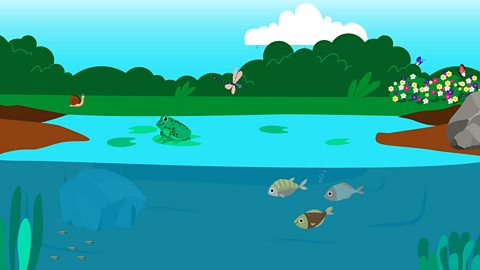
What are air and water resistance? video
This film explains the difference between water and air resistance and demonstrates examples of how resistance plays a part in our everyday life.
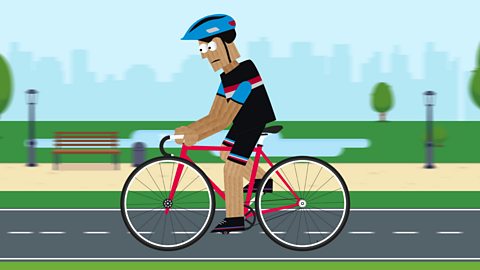
Day and night. video
This film explores the difference between day and night and demonstrates how the rotation of the earth's axis contributes to making seasons such as summer and winter.

Mechanisms. video
This film explains what a mechanisms are, using examples of where they are used and how they make our lives easier.
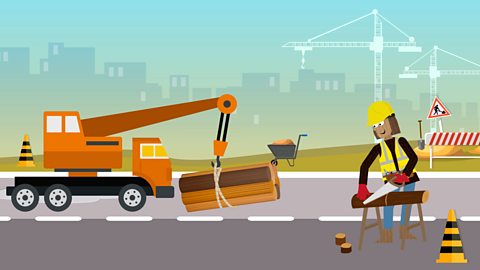
What should I do with my rubbish? video
This film explains the impact waste is having on our planet and how we can work to reduce our rubbish to make a difference.
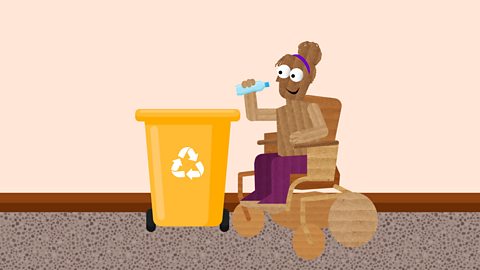
How to use scientific equipment. video
This film explains how we can use science equipment to develop our scientific abilities.
